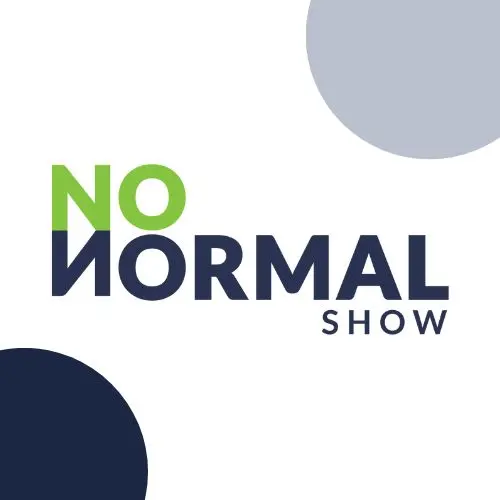News & Insights
News & Insights
Episode

Social Media Poses Mental Health Crisis: What's a healthcare marketers to do?
Full episode transcript here.
In our latest episode of No Normal Show, we tackle a headline at the intersection of healthcare and marketing. The U.S. Surgeon General has called on Congress to require social media platforms to display warning labels about the potential mental health hazards they pose to teenagers. This is a significant move—hopefully marking a potential turning point in how we address technology and mental health.
The Surgeon General’s Stance
The U.S. Surgeon General, Dr. Vivek Murthy, has declared a mental health emergency among young people, citing social media as a significant contributor. In a New York Times op-ed, he highlighted alarming statistics: adolescents who spend more than three hours a day on social media have double the risk of anxiety and depression, with the average usage being nearly five hours daily. And nearly half of adolescents report feeling worse about their bodies due to social media. These statistics aren’t just numbers; they’re a stark reminder of a growing crisis.
Implications for Healthcare Marketers
As healthcare marketers, this issue hits close to home. Our research shows that consumers view health holistically, encompassing mental, social, cognitive, and physical aspects. The potential long-term impact of social media on mental health is a tsunami on current and future generations.
We ask: what does this mean for healthcare marketers who leverage social platforms for business growth but also aim to improve health in their communities?
Using Social Media for Good
It's a complex dilemma: how do we balance the use of social media as a business tool while acknowledging its potential harm? Pulling advertising spend is not the solution... marketers tried that before. Remember the Facebook Boycott?
Instead, marketers can focus on using social platforms for good:
- Share credible health information: Health brands have a significant role to play in a world where health misinformation is rife on social media. How can you lean into spreading accurate, yet engaging, health information
- Help parents and teens navigate the digital world responsibly: What would it look like to leverage healthcare experts, providers, primary care physicians, mental health professionals and more to help parents and families learn what healthy screen time looks like?
- Take a stand: For some organizations, taking a larger stand may be the right path. Children’s hospitals and health systems with initiatives focused on mental health can lead the way. For example, the University of Iowa's Scanlan Center for School Mental Health is dedicated to improving mental health among students through education.
Ultimately, by becoming go-to resources for mental health support, we can help primary care physicians and educators address this critical issue.
Join us in this dialogue and share your thoughts on how we can navigate this complex landscape together.
---
What specific strategies do you think healthcare marketers can implement to better educate communities about the mental health impacts of social media? Contact us at nonormal@bpdhealthcare.com.
Previous Episodes
Stay in Touch
Stay in Touch
Receive our updates, industry news and insights.

